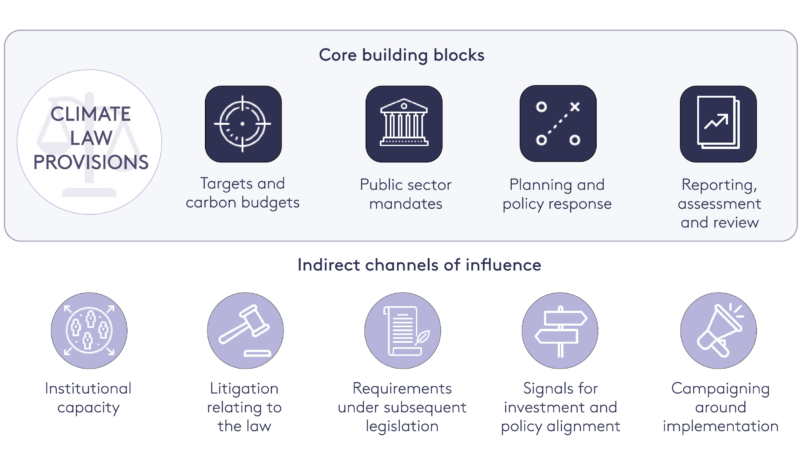Germany and UK Grapple with Economic Costs of Ambitious Climate Targets

A recent social media post by Dr. Eli David has ignited discussion regarding the economic implications of Germany's and the United Kingdom's aggressive climate policies. Dr. David, in a tweet on October 20, 2025, sarcastically stated, "> "Thank you Germany 🇩🇪 and UK 🇬🇧 for heroically sacrificing your economy to save the planet 💪." This comment underscores the ongoing debate about the financial burdens and strategic trade-offs involved in their respective transitions to green economies.
Germany's "Energiewende," its ambitious energy transition, has significantly impacted its economy. The accelerated phase-out of nuclear power and a reduced reliance on fossil fuels, particularly Russian gas, have contributed to higher energy costs for both industries and consumers. This has sparked concerns about the competitiveness of German industries and the overall affordability of energy in the short term, despite long-term goals of decarbonization and energy independence.
Similarly, the United Kingdom's legally binding commitment to achieve net-zero emissions by 2050 has necessitated substantial investments across all sectors. Estimates from independent bodies, such as the Climate Change Committee, suggest that trillions of pounds will be required over several decades for decarbonization efforts in power generation, transportation, buildings, and industry. These costs are a central point of contention for critics who highlight the immediate financial strain on the national economy.
Both governments, however, maintain that these policies are essential for future sustainability and economic resilience. They argue that the transition will foster innovation, create new green jobs, and reduce vulnerability to volatile global energy markets. Nevertheless, the sentiment expressed in Dr. David's tweet reflects a critical perspective that emphasizes the immediate economic sacrifices and potential for industrial and consumer hardship.
The broader European energy crisis, exacerbated by geopolitical events, has further complicated the economic landscape for both nations. This crisis has exposed vulnerabilities in energy supply chains and intensified the debate over the pace and cost of transitioning to domestic, renewable energy sources. The ongoing challenge for Germany and the UK remains balancing their environmental imperatives with the need for economic stability and growth.